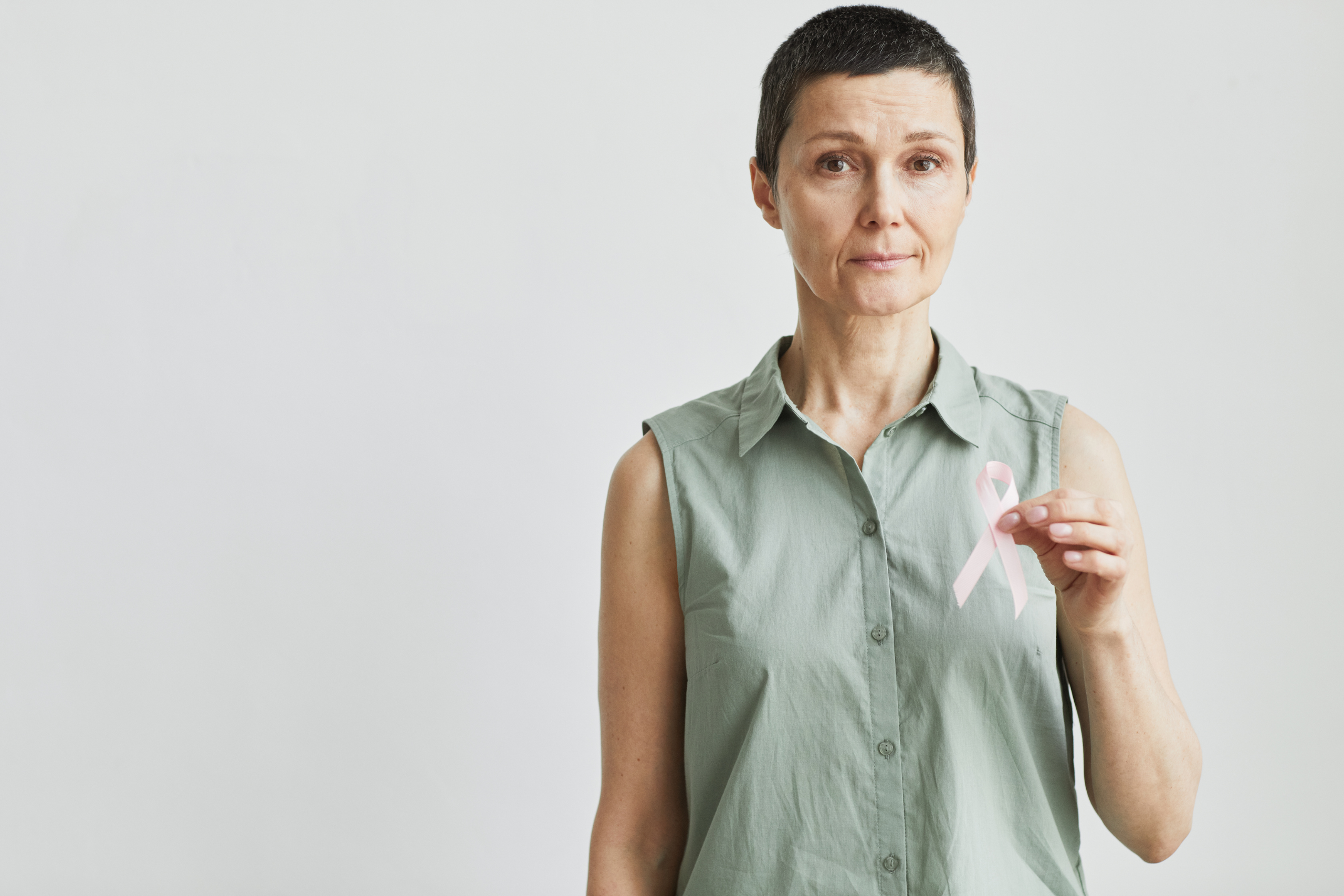June 7th is the 33rd Annual National Cancer Survivors Day! A day for anyone who has been affected by cancer—including over 16.9 million cancer survivors living in the U.S.—to connect, reflect, and celebrate milestones. It’s also a day to bring awareness to the ongoing challenges cancer survivors face in order to promote more research, resources, and legislation to improve their lives.
Observing NCSD
Whether you’ve just been diagnosed with cancer, in treatment currently, or in remission, you’re a cancer survivor! More likely than not, we all know someone who has been affected by cancer.
The most common cancers include:
- Lung Cancer: 2.09 million cases
- Breast Cancer: 2.09 million cases
- Colorectal Cancer: 1.80 million cases
- Prostate Cancer: 1.28 million cases
- Skin Cancer: 1.04 million cases
- Stomach Cancer: 1.03 million cases
Any type of cancer takes a toll on the person who has been diagnosed and their support system. Family members, friends, caregivers, and significant others all play an important role in treatment and remission and also deserve to be celebrated.
Simple and effective ways to observe National Cancer Survivors Day include:
- Reaching out to a cancer survivor and telling them how much they mean to you
- Donating to cancer research projects and organization
- Sharing your own story or the stories of survivors
- Reminding loved ones of the risk factors of cancer
- Self-examining your skin, breasts, and body for any abnormalities
Prevention
The most promising path to recovery and remission is prevention and early detection. With most cancers, the earlier it’s detected, the more successful the treatment is.
Early signs of cancer include abnormal lumps, sores, and bleeding, constant indigestion, and chronic hoarseness. If you experience any of these signs, you should call your healthcare provider immediately, as well as schedule routine screenings and check-ups. Taking preventative measures to evade cancer can significantly benefit your health in the long run.
Here are the Mayo Clinic’s seven tips to reduce your risk of getting cancer:
- Don’t use tobacco
- Eat a healthy diet
- Maintain a healthy weight
- Be physically active
- Protect yourself from the sun
- Get vaccinated
- Receive regular medical care
If you’re currently going through treatment for cancer, click here to read about the ways you can stay physically and emotionally healthy throughout the process.
If you have recently been diagnosed or are currently battling cancer, the Cancer Survival Toolbox can serve as a helpful resource. This award-winning free audio program was created by the National Coalition for Cancer Survivorship to help people cope and understand the challenges of cancer. You can download the toolbox here.
On June 7th and every day, Tulsa ER & Hospital supports and celebrates the triumphant cancer survivors in our community!
Disclaimer: As a service to our readers, Tulsa ER & Hospital and Nutex Health state no content on this site, regardless of date, should ever be used as a substitute for direct medical advice from your doctor or other qualified clinicians.
Nutex Health, Inc supports you and your family’s health. You can depend on Tulsa ER & Hospital, or any of our concierge-level medical facilities to deliver the emergency care you deserve, 24 hours a day, 365 days a year.




Comments are closed